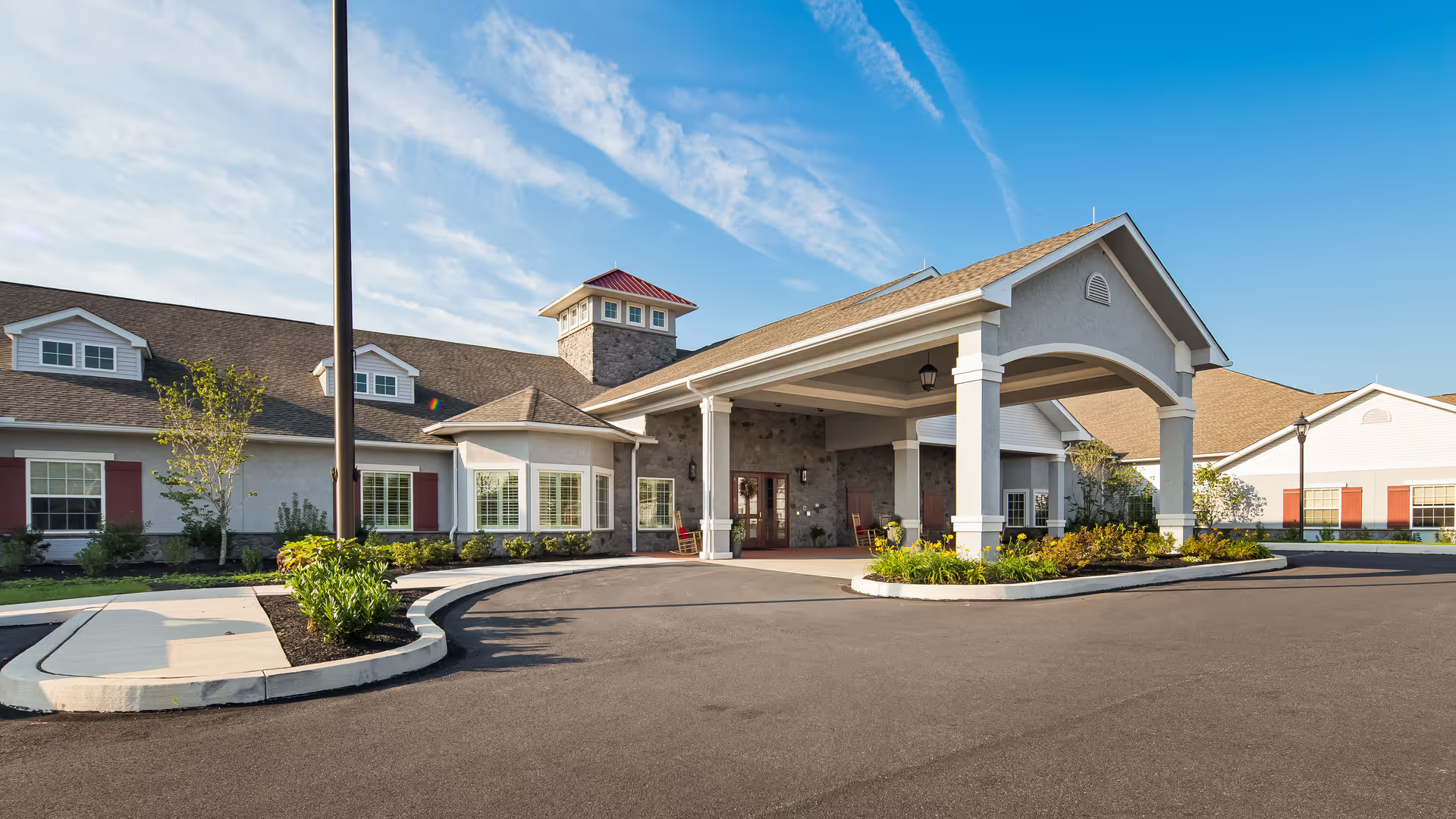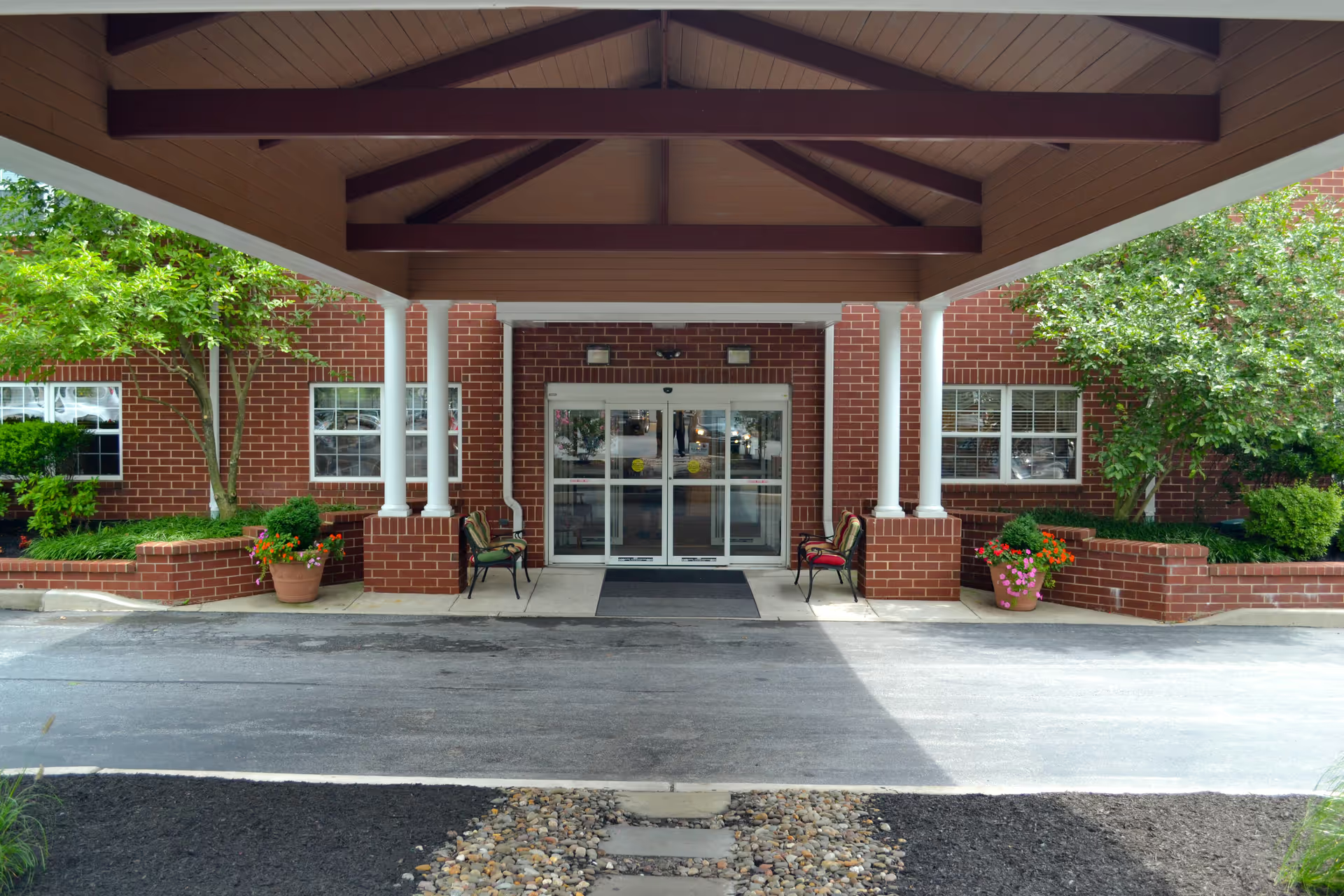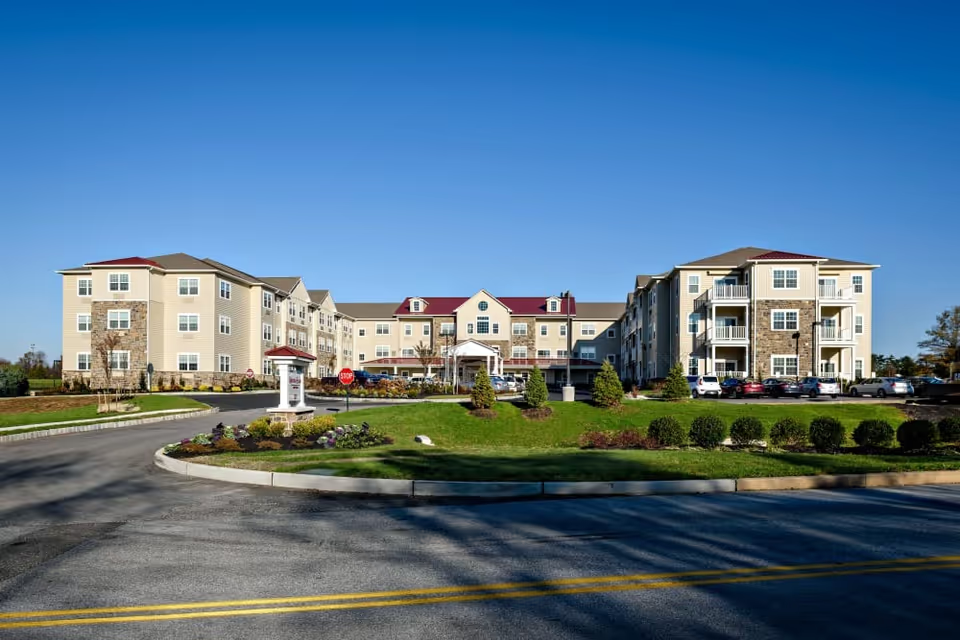Hebrew Home of Greater Washington, part of Charles E. Smith Life Communities, serves older adults across a range of care levels in the DC region, and it's been doing this for more than 110 years, which is a long time to be providing care for people, and over the years the place has grown into a big campus with many choices, like long-term skilled nursing at the Hebrew Home, memory care in Cohen-Rosen House, assisted living at Landow House, and independent apartments in Ring House and Revitz House, as well as a post-acute care center called Warren R. Slavin Post-Acute Care Center, and what folks seem to notice right off is the large and dedicated nursing staff and caregivers who speak English, and there are always staff around, about 12-16 hours of nursing care each day, but supervision's available 24 hours for safety, while emergency alert systems are in place in rooms in case anyone needs help or has a fall or something else happens, and the care team is there to help people with bathing, dressing, getting up, medication management, and all the daily things that can get harder as you age.
Many services come included, so residents get three restaurant-style meals a day, and meals can match special diets, like kosher, allergy-sensitive, or diabetes-friendly, and that food is prepared by professional chefs, and the dining rooms stay open all day, so folks can eat when they like, which is nice, especially because cleaning and laundry, even dry cleaning, are handled by staff too, and if residents want to get out, there's transportation for shopping, doctor's appointments, or religious services, while parking's on site, and rooms are move-in ready with private bathrooms, cable, air conditioning, Wi-Fi, a kitchenette, and a phone in each, so everything's set up for comfort and some privacy.
Being a nonprofit, the Hebrew Home relies a lot on Medicaid and Medicare to cover costs for many residents, and there's a known funding gap each year, because the government money doesn't always keep up with care expenses, but that hasn't stopped them from running a busy facility that serves hundreds of seniors daily, with on-site physicians, therapists, and memory care staff, along with special programs like the BCAT Cognitive Center of Excellence for brain health, a Russian program for immigrants, and a strong rehabilitation team for those recovering after a hospital stay; for people who prefer to stay at home, SmithLife Homecare offers support for in-home needs.
Within the campus, there are lots of things to do, since there's always scheduled activities, fitness spaces, game rooms, an arts room, movie theater, wellness room, library, and even outdoor gardens and walking paths, and pets are welcome in independent living, which makes things feel more like home, plus there's a beauty salon, podiatry and dental care, banking services, and chaplains from the spiritual care program that respects all faiths, meaning Jewish and non-Jewish residents can take part in religious life as they wish, and people can volunteer, too, helping out with walks, games, clerical work, or just spending time with residents, while staff like the volunteer manager Monica Mayer organize these efforts.
Programs for mind, body, and soul come from a Guardian Fund for Excellence, and there are plenty of therapeutic activities, games, spiritual services, and other events to keep everyone social, plus there's the ElderSAFE Center for elder support, and a memory care program at Cohen-Rosen House recognized on a national level, all supported by specially trained and diverse teams led by experienced geriatric doctors, many of whom have full-time roles; awards from organizations like U.S. News & World Report and Newsweek back up the reputation for good care and respect for dignity, and with a Platinum-level SAGECare certification for LGBTQ+ inclusion and care for immigrants, they really seem to pay attention to making everyone comfortable and welcomed, remembering every resident's individual story and needs.







